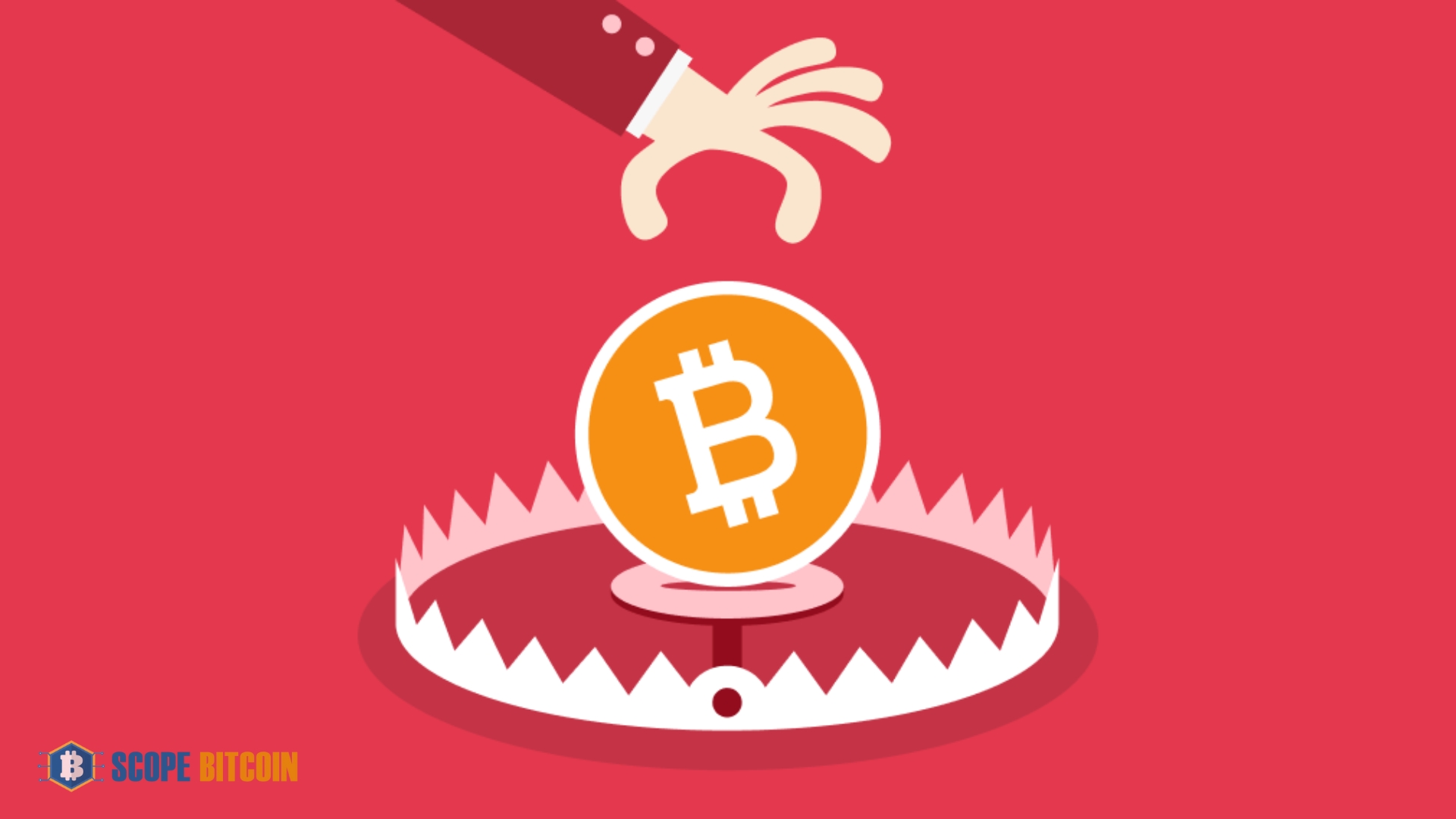
Bitcoin Investment 101: A Comprehensive Guide for Beginners
From a small subset of the population to a major player in international finance, Bitcoin has come a long way in the last decade. Bitcoin (BTC) is sometimes considered the entry point to the wider crypto market, whether you’re seeking to diversify your investing portfolio or are just interested in the possibilities of cryptocurrencies. However, Bitcoin Investment 101 could be daunting for those unfamiliar with cryptocurrency due to its complexity and unpredictable price fluctuations. To assist you in making educated decisions, this article will dissect the basics of investing in Bitcoin.
What is Bitcoin?
Bitcoin is a digital money that doesn’t rely on any one bank or governing body to function. An unknown person or group using Satoshi Nakamoto’s pseudonym established it in 2009. Blockchain technology, upon which Bitcoin is built, is a decentralized database that logs every transaction on an open network. This ledger guarantees security and transparency because all transactions are viewable and verified by network participants (called miners).
Bitcoin is a deflationary asset due to its limited supply of 21 million coins. Its value has risen because of its scarcity and rising demand, drawing investors from diverse backgrounds.
Why Invest in Bitcoin?
- Potential for High Returns: Historically, Bitcoin has delivered impressive returns. Although volatile, many early adopters who invested in Bitcoin when it was worth just a few dollars have seen exponential growth.
- Decentralization and Security: Bitcoin’s decentralized nature ensures it isn’t controlled by any single entity, like a government or bank. The blockchain technology behind it provides a high level of security, as transactions are virtually impossible to alter once confirmed.
- Portfolio Diversification: For traditional investors, Bitcoin offers an opportunity to diversify beyond stocks, bonds, or commodities. Given its relatively low correlation to other asset classes, Bitcoin can serve as a hedge against inflation or economic uncertainty.
- Global Liquidity: Bitcoin can be traded 24/7 across the globe. Unlike traditional markets, Bitcoin trading never stops, offering liquidity and the potential to buy or sell anytime.
- Hedge Against Inflation: Bitcoin is often called “digital gold.” Like gold, it’s a scarce asset, and many investors see it as a hedge against inflation, especially as central banks worldwide print more money in response to economic crises.
How to Invest in Bitcoin
Choose a Platform
If you want to invest in Bitcoin, you’ll need a place to store, trade, and buy Bitcoin. The three most common approaches are:
- Cryptocurrency Exchanges: Platforms like Coinbase, Binance, and Kraken allow users to buy and sell Bitcoin using fiat currencies like USD, EUR, or GBP. These platforms are user-friendly and typically provide built-in wallets for storing your assets.
- Bitcoin ATMs: In some areas, you can buy Bitcoin using cash from specialized ATMs. These devices allow you to scan your digital wallet QR code and transfer Bitcoin directly.
- Peer-to-Peer (P2P) Platforms: Services like LocalBitcoins allow users to buy Bitcoin directly from other users. This method offers more privacy but requires more diligence to avoid scams.
Decide How Much to Invest
Never risk more money than you are willing to lose when investing. Even if there is a great chance of making much money with Bitcoin, the price is unpredictable. If you’re new to cryptocurrency, experts advise starting small.
A dollar-cost averaging (DCA) method, in which you invest a specific amount of money in Bitcoin at regular intervals, regardless of the price, is a good option to explore if volatility is a worry. The effect of temporary changes in pricing can be reduced in this way.
Storage Options
After purchasing Bitcoin, you’ll need to decide where to store it. There are two main types of wallets:
- Hot Wallets: These are digital wallets connected to the internet. Exchanges often provide built-in hot wallets, and there are several standalone options, such as MetaMask or Trust Wallet. While convenient for quick transactions, hot wallets are more vulnerable to hacking.
- Cold Wallets: Cold wallets are offline storage devices, like hardware wallets (e.g., Ledger, Trezor) or paper wallets. These are much more secure than hot wallets but can be less convenient for frequent trading.
Keep Up with Bitcoin News and Trends
Several variables, such as regulation changes, technological innovations, and macroeconomic trends, influence cryptocurrency markets. You can better manage your risks and make informed investment decisions if you stay informed. To stay up-to-date on all things Bitcoin, there are a lot of news outlets, podcasts, and communities (such as Reddit or Twitter) to peruse.
Risks of Investing in Bitcoin
While Bitcoin has a lot of potential, it’s essential to understand the risks:
- Volatility: Bitcoin’s price can fluctuate dramatically in short periods. While it might soar by thousands of dollars in days, it can also plummet just as quickly. Investors must be prepared for these swings.
- Regulatory Risk: Governments worldwide are still figuring out how to regulate cryptocurrencies. Sudden regulation changes or outright bans in certain regions could affect Bitcoin’s price or limit its usability.
- Security Risks: While Bitcoin’s blockchain is incredibly secure, the platforms used to buy, sell, and store Bitcoin can be vulnerable to hacking. Several high-profile exchange hacks have resulted in the loss of millions of dollars worth of Bitcoin.
- Competition: Bitcoin was the first cryptocurrency, but thousands of other cryptocurrencies have since been created. Some of these, like Ethereum, offer different use cases, and there’s always the possibility that another cryptocurrency could eventually overtake Bitcoin in market dominance.
Long-Term vs. Short-Term Strategies
When investing in Bitcoin, you need to decide whether you’re in it for the long haul or looking for short-term gains:
- HODLing: This strategy involves buying Bitcoin and holding onto it for an extended period, regardless of market volatility. Many long-term investors believe that Bitcoin will significantly appreciate value over the coming years despite short-term fluctuations.
- Trading: Bitcoin’s volatility makes it attractive to traders who aim to profit from short-term price movements. Trading strategies can include day trading, swing trading, or even arbitrage across different exchanges.
Both strategies have their merits, but it’s crucial to recognize your risk tolerance, time commitment, and market knowledge before choosing one.
Final Thoughts
Investing in Bitcoin can be a thrilling and possibly profitable experience. Thoughtful deliberation, investigation, and risk management are necessary. You need a plan to know where you want your money to go to maximize your Bitcoin investment. Doing so will prepare you to deal with the unpredictable and ever-changing world of investing in cryptocurrencies.
No matter your experience with cryptocurrency, it is important to familiarize yourself with Bitcoin’s features, potential pitfalls, and advantages so you can make well-informed decisions supporting your financial objectives.







